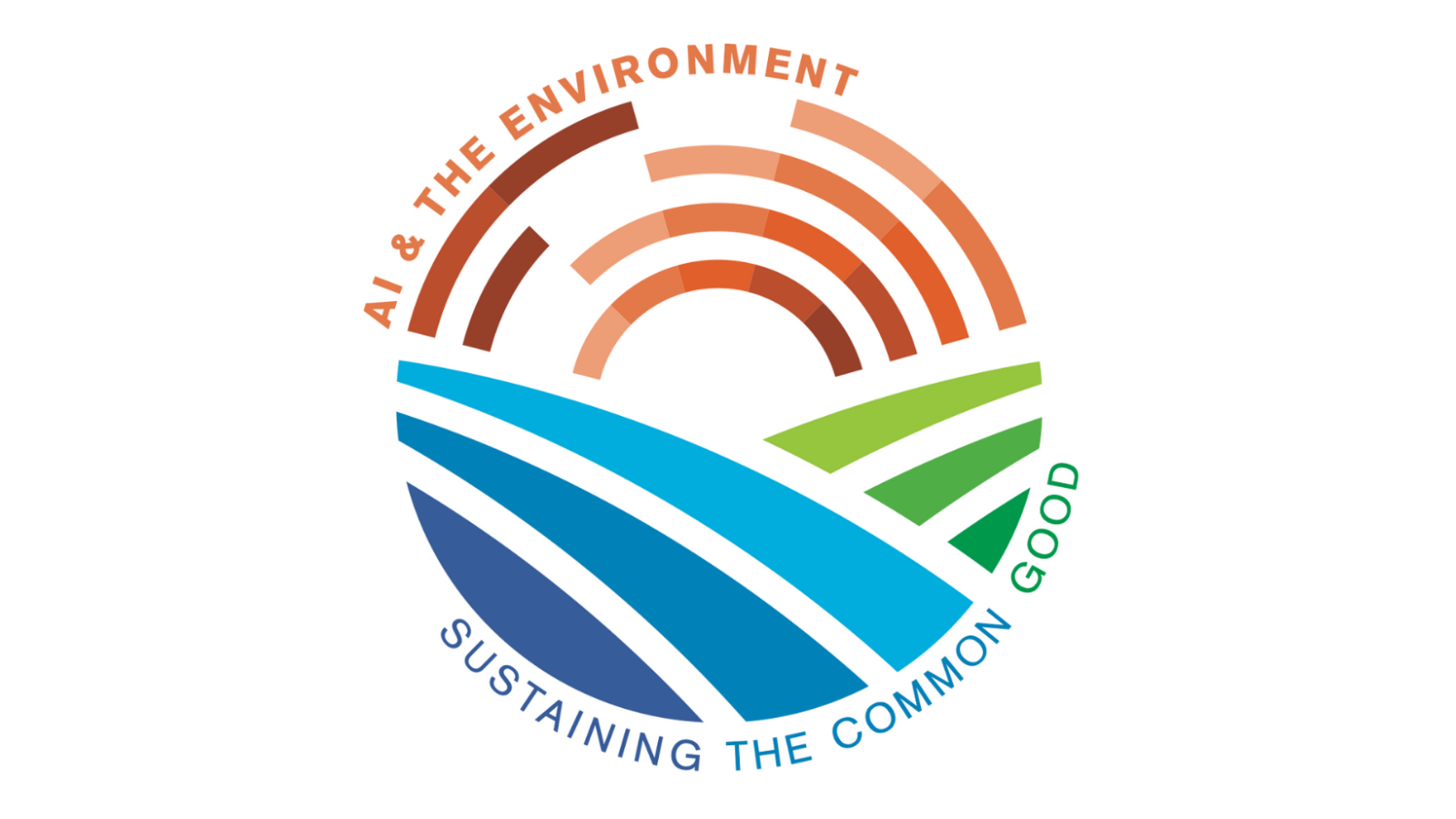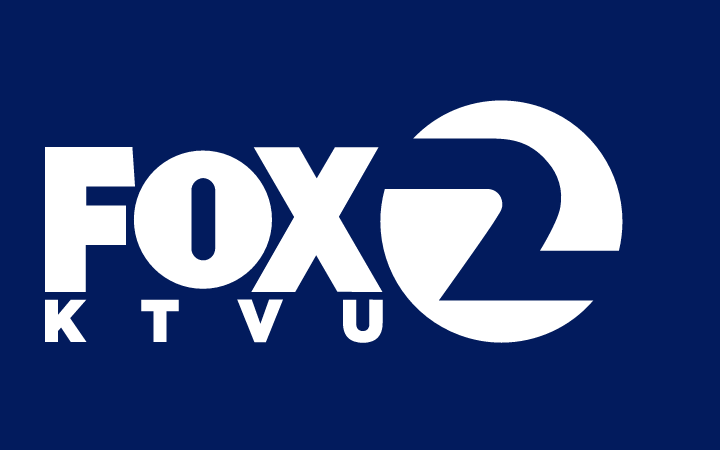An Ethics Case Study
|
As we take advantage of more and more services online, we keep clicking the "Agree" buttons at the end of various lengthy "Terms of Service." Most of us read very little (if any) of those contracts that we are in fact signing. And some, after spending time and effort building an individual portfolio or business brand on a particular platform/website, find that they have built on a shaky foundation: Terms of Service ("TOS") that support the platform, not the user. Facebook: I want my friends back In October 2012, for example, a blog called "Dangerous Minds" drew widespread attention to a change in Facebook's algorithms regarding "pages" (i.e. accounts for businesses or organizations). Its publisher Richard Metzger, and other commentators, claimed that "the volume was getting turned down" on their Facebook messages. Metzger wrote that Facebook showed his posts only to "a fraction of [the] total 'fans' who would previously had seen them." Around the same time, Facebook introduced a "promoted posts" option: users would be able to pay a fee in order to make sure that all of their pages' fans would see a particular post. A number of commentators argued that the change in algorithm was designed to push publishers into paying to promote posts. Metzger wrote that he could appreciate that Facebook was "providing a value—a great one, unprecedented, really—by connecting such a vast number of human beings in an electronic global village" but added that he couldn't pay the prices they were now charging "for the exact same product that [he] was getting for free" only a few months earlier. He vowed to find another way to publicize his blog. His promoted post, "Facebook: I want my friends back," got 162,000 "likes" and prompted 886 comments. Twitter: I want my handle back In May 2013, Leonard Barshack sued Twitter. According to his complaint, from April 2008 through October 2012 Barshack had used the Twitter "handle" (or user name) @SunValley. In October 2012, Twitter reassigned that handle to the Sun Valley corporation, which had reported Barshack to Twitter for engaging in a "nonparody impersonation" of the corporation. Twitter's TOS, to which Barshack had agreed when he opened his Twitter account, prohibited such "nonparody impersonation." However, Barshack claimed that he had never impersonated the corporation (and thus never violated Twitter's rules). He also claimed that over more than 4 years of tweets he had developed a personal brand and gathered followers as @SunValley, and that Twitter's transfer of that user name would cause the Barshacks "irreparable harm." Twitter's current TOS read, in part, "the form and nature of the Services that Twitter provides may change from time to time without prior notice to you. In addition, Twitter may stop (permanently or temporarily) providing the Services (or any features within the Services) to you or to users generally and may not be able to provide you with prior notice. We also retain the right to create limits on use and storage at our sole discretion at any time without prior notice to you." By using Twitter, you agree to those terms. Instagram: I want the rights to my photos back In December 2012, Instagram users were startled when the company announced a change to its TOS. Many of them feared that the changes would give Instagram the right to license their photos to advertisers or others, without giving the photographers any compensation. After an immediate backlash, during which some photographers closed their Instagram accounts, the company reverted to its prior TOS. In response to the proliferation of TOS like the ones discussed above, in May 2013 three scholars published an article calling for a "people's Terms of Service." Ari Melber, Woodrow Hatzog, and Evan Selinger argued that the rights of social media users "are established through non-negotiable, one-sided and deliberately opaque 'terms of service' contracts. These documents...are drafted by corporations, for corporations. There are few protections for the users-the lifeblood powering social media." The writers called on social media users to collectively renegotiate such contracts, by coming up with a model contract that "could be pressed on existing Internet companies, and also provide a model for new companies that want to compete for users who demand respect for their freedom, choice and privacy." Before formulating an answer to the questions below, please review this summary of the qualities of good ethical judgment and the questions that we should ask when faced with an ethical issue. Questions Are TOS agreements like the ones discussed above unethical in their treatment of consumers who use those companies' services? Why, or why not? Does the answer change in cases where the user is a corporation, not an individual? In their call for a "people's TOS," the scholars acknowledge that the problem of one-sided, non-negotiable, opaque contracts is not limited to the social media context. Is there something about this context that would justify giving users more—or fewer—rights than they would have under different contracts? Do consumers have a duty to read TOS statements before they click the "Agree" buttons that enable them to start using the services? Is it ethical to hold consumers responsible for the agreements that they signed? As noted above, some TOS include the claim that the company that drafted the TOS has the right to incorporate changes to those terms even after a user has agreed to a particular set of terms-and that the user would be bound by the revised terms. Would that practice be ethical? Why, or why not? Irina Raicu is the director of Internet Ethics at the Markkula Center for Applied Ethics. |



